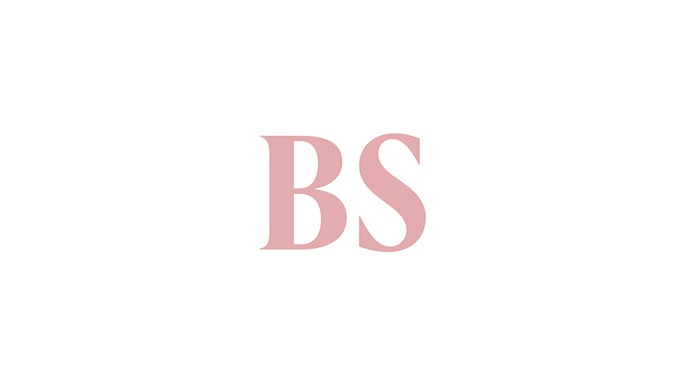Xi's infamous zero-covid policy takes toll on cash-strapped local govt
Amid the rising covid infections, Xi Jinping's infamous Zero-Covid Policy has taken a toll on already cash-strapped local governments

Financial resources are being squeezed due to PCR testing, vaccinations and infection control measures as leading to surge in public health expenditures.
Amid the rising covid infections, Xi Jinping's infamous Zero-Covid Policy has taken a toll on already cash-strapped local governments.
Financial resources are being squeezed due to PCR testing, vaccinations and infection control measures as leading to surge in public health expenditures.
Government Medical and health spending on the national and local levels totalled 730.3 billion yuan (USD 110 billion) for the first four months of 2022, up 7.5 per cent from a year earlier and 22 per cent from 2019, reported Nikkei Asia, adding that costs for building temporary hospitals and treating COVID-19 patients rose as well.
The additional drain on public funds has contributed to discontent with a policy that President Xi Jinping continues to champion, even in the face of widening criticism over the ensuing damage to China's economy., on the top of which the National Healthcare Security Administration said in April that 3.2 billion vaccine doses had been administered to date at a cost of more than 120 billion yuan.
The campaign has been costly at the local level. "Coronavirus-related medical costs put pressure on local governments with weak finances," Asia Nikkei reported quoting Jiang Fei, an analyst at Great Wall Securities.
Also Read
Meanwhile, the economic impact of the zero-COVID strategy has also dented income. Fiscal revenue fell 4.8 per cent on the year for the four months through April, according to the Finance Ministry, owing mainly to tax refunds aimed at supporting businesses.
Borrowing had already been on the rise at the local level to fund growth-boosting infrastructure investment. With Xi appearing intent on sticking to the zero-COVID policy, balancing control measures with economic stimulus will be a difficult task.
Some cash-strapped local governments have begun requiring residents to pay out of pocket for tests and such moves have sparked angry comments on Chinese social media, including questions about why testing is still required in areas with no cases, Nikkei Asia reported.
It is well known that Chinese president Xi Jinping exerts significant control on the governance and political frameworks. However, in the recent past, reports in the international media suggest a growing rift between Xi and Premier Li Keqiang, contributing to a policy dissonance.Beijing's extreme lockdowns have led to protests and clashes between authorities and residents forced to stay home for weeks without normal access to food and medical supplies.
The harsh lockdowns look set to depress economic growth to lows last recorded in the early 1990s.
Businesses and logistics infrastructure are struggling to resume operations after being forced to shut for weeks and it is unlikely government stimulus will be able to boost economic growth to this year's target of 5.5 per cent.
(Only the headline and picture of this report may have been reworked by the Business Standard staff; the rest of the content is auto-generated from a syndicated feed.)
More From This Section
Don't miss the most important news and views of the day. Get them on our Telegram channel
First Published: Jun 09 2022 | 11:26 AM IST


